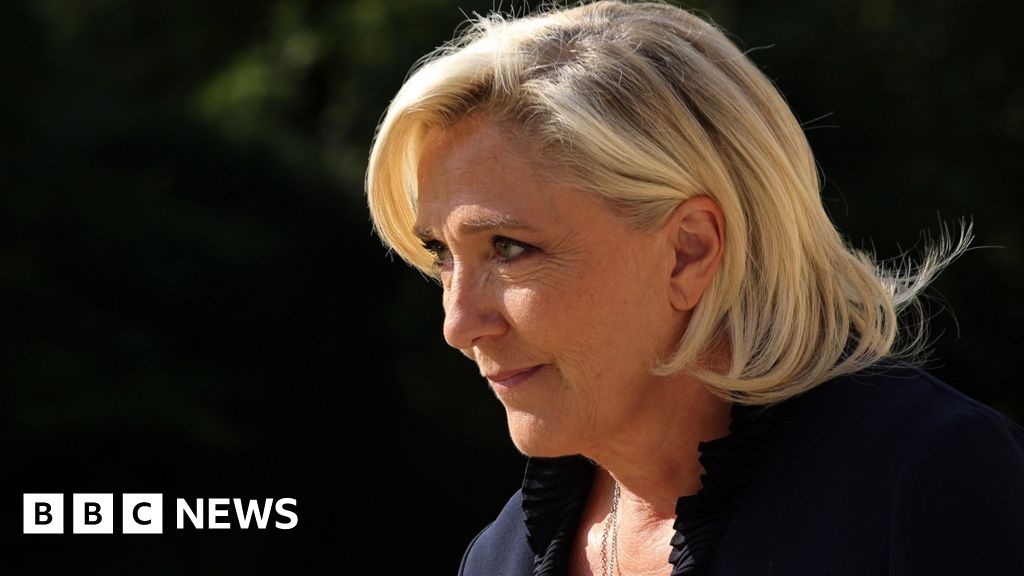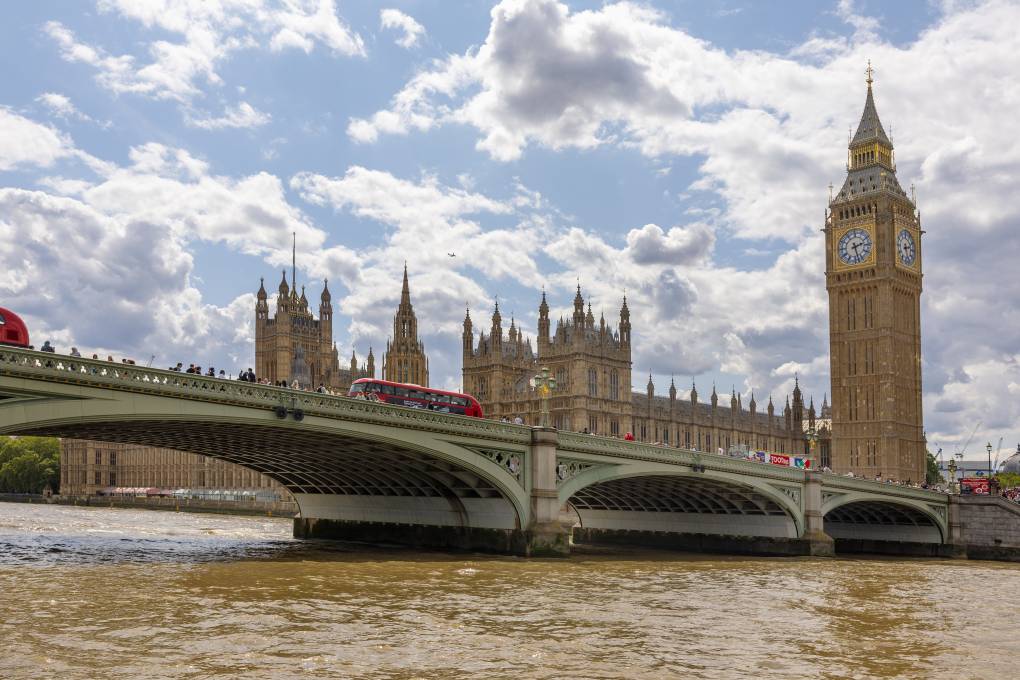Entertainment
Marine le Pen on trial for alleged EU funds misuse

Marine Le Pen, long-time leader of France’s far-right National Rally and presidential hopeful, goes on trial in Paris on Monday accused of misusing European parliamentary funds.
More than 20 other senior figures in the party are also facing the same charges. They are accused of hiring assistants who worked on party affairs rather than for the European parliament which paid them.
If Le Pen is found guilty, she could face fines and imprisonment – and potentially be declared ineligible to run for office for up to 10 years, hitting her presidential ambitions.
She has denied wrongdoing, and party spokesman Laurent Jacobelli said “we are going to prove that there is no system to embezzle money from the EU”.
“We are going to prove that it is possible to be an assistant to a European parliamentarian and get involved in the life of the RN (National Rally),” the spokesman told French media on Monday.
Upon arriving in court, Le Pen said she was approaching the trial with calmness and insisted she and her associates had violated no political rules.
Le Pen’s father Jean-Marie Le Pen, 96, who founded the National Front, which became the RN, also faces charges, but will not attend the trial because of poor health.
The system of alleged fake jobs was first flagged in 2015 and covered contracts for parliamentary assistants between 2004 and 2016.
Le Pen faces trial as a long-time party leader and former EU lawmaker. Prosecutors allege that one of the people hired as a parliamentary assistant was actually working as a bodyguard for Le Pen and her father.
Prosecutors are seeking to recover more than 3m euros (£2.5m). The RN already paid back 1m euros (£834,000) – which it said was not an admission of guilt.
The trial is expected to last for nearly two months.
Le Pen stepped down as president of the then-National Front in 2017. She ran in presidential elections in 2012, 2017 and 2022, and is gearing up for another possible presidential run in 2027.
Her party has promoted policies against immigration – such as restricting social welfare to French citizens – and pushing for law and order and tax cuts.
She was re-elected to parliament during the first round of France’s parliamentary election in June.
Her party unexpectedly came third, despite having achieved a decisive victory in the European Parliament elections just weeks before.
The left ended up winning the most legislative seats.
Following the elections, President Emmanuel Macron appointed a right-wing government.
Additional reporting by Europe regional editor Charles Haviland










